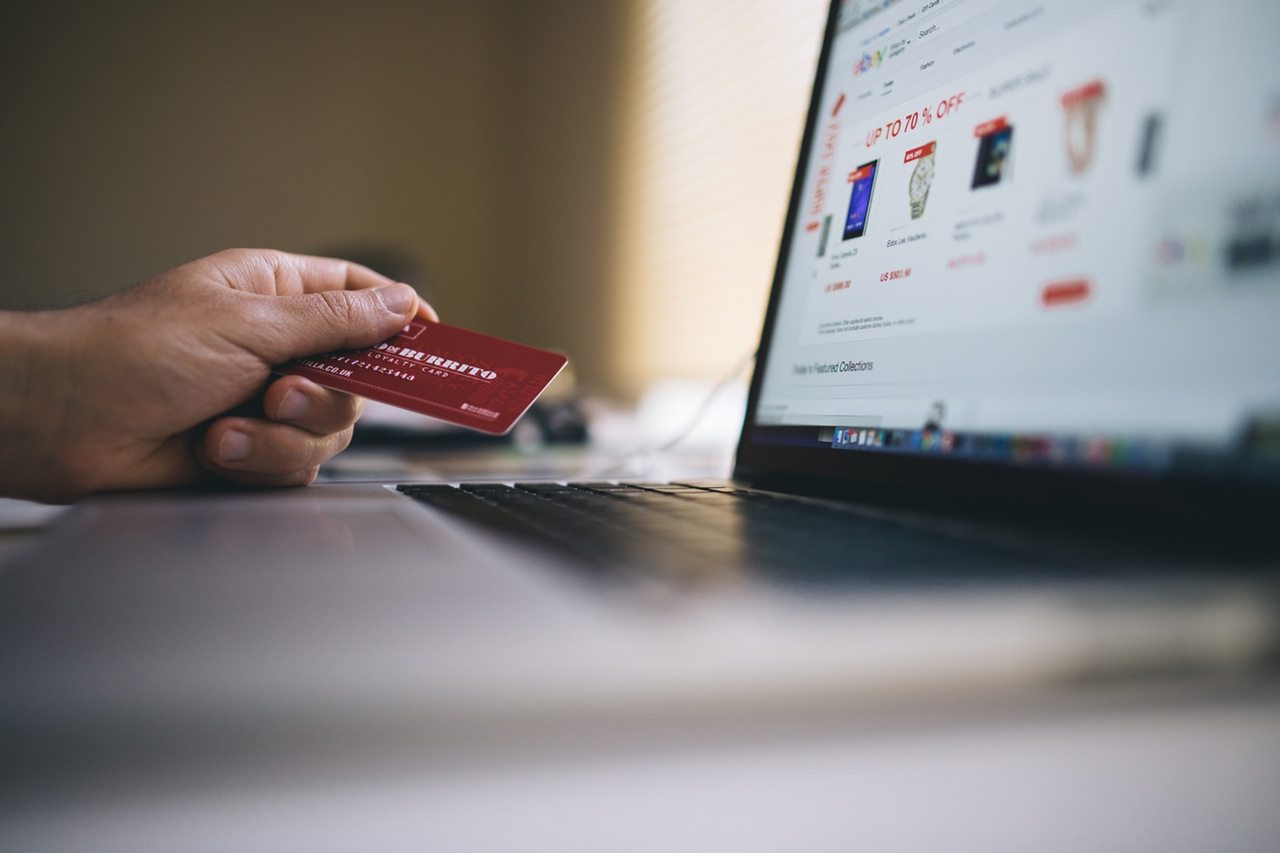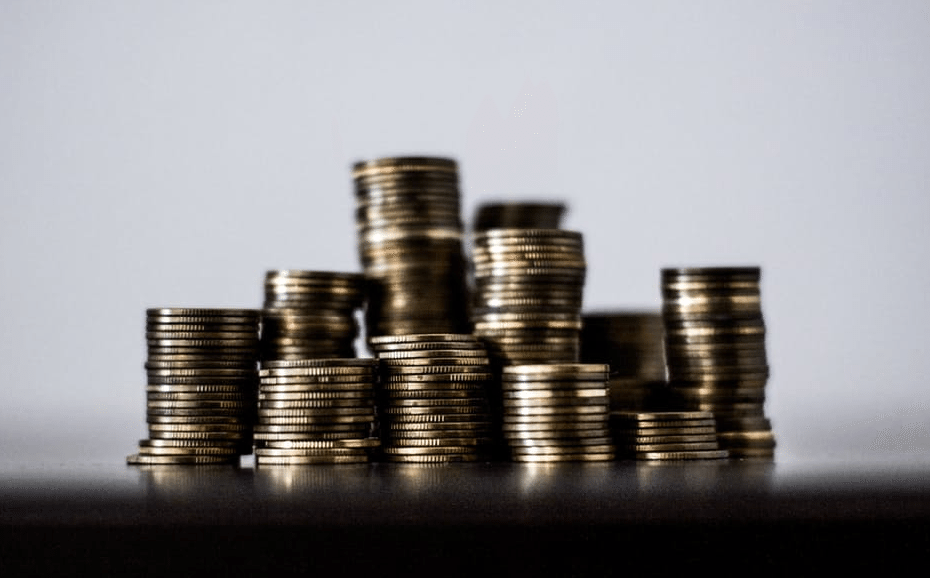Now that it’s officially the new year, we’re making resolutions about everything from exercising more to drinking less. But what about money? We often prioritize things like managing our mental health and reducing our sugar intake, but being more fiscally responsible is just as important as other promises we might make to ourselves for the new year.
Here are five New Year’s resolutions for your wallet—because having your finances in order is at least as critical to your overall well-being as losing 10 pounds or accomplishing a “dry January.”
1. Save Money. . .Without Even Making A Budget
We know, you may be wondering if you read that correctly. But, yes, you can save money without even making a formal budget, as explained in an article in The Observer. It’s all about selective frugality. The idea is to spend money on the things you value most—that could be meals at trendy restaurants or trips to Europe. But here’s the catch: You have to be frugal in the areas that don’t mean as much to you. Maybe you pack your lunch so you can splurge on nice dinners, or you skip that $5 morning latte to save up for a vacation.
The Observer article recommends dividing your income into four main areas—approximately 60 percent to fixed costs (i.e., rent), 10 percent to long-term investments (i.e., Roth IRA), 10 percent to short-term savings (i.e., car trouble) and 20 percent to spending money (i.e., eating out). When the cash in the spending money envelope (or account) is gone, it’s gone. Genius, right? And you’ll quickly get a great lesson in budgeting without even meaning to.
2. Cut Credit Card Clutter From Your Wallet
Is your wallet jam-packed with crumpled receipts and credit cards you rarely use? Time to clean it out! Aside from taking out receipts and unnecessary pieces of paper, it’s good to get rid of any cards you don’t use, too, according to Forbes. They may not only cost you in space, but also in fees you may have forgotten about. So, assess each card, and keep only the ones with high rewards or that benefit your credit score—and shred the rest.
3. Optimize Your Credit Card Portfolio
Now that you’ve cleaned out your wallet, it’s time to look at your credit cards and make some serious and cost-effective decisions. It seems that almost everywhere we go, there’s a credit card we can get along the way. But when you’re filling out yet another credit card application, how often do you read the fine print—you know, the super tiny fine print? Yes, the APR may be low now, but what about in 12 months from now? It’s a good idea to review your cards at least once a year to make sure you’re taking full advantage of perks like cash back and to check on your interest rates.
As part of optimizing your credit card portfolio, Lifehack suggests figuring out what kind of credit card user you are. For example, if you’re someone who pays off their balance each month, you’re a great candidate for a rewards card. Or, if you tend to only pay the minimum balance, a low-interest card is best for you.
4. Check Your Credit Reports
While there are many companies that’ll charge you for a credit report, there are also see services that let you monitor your credit for free. But how often should you be checking it anyway?
In September 20203, the three major credit reporting agencies — Equifax, Experian and TransUnion — made it a whole lot easier for folks to monitor their credit. Now everyone can access their credit report once a week, for free, permanently. Be sure to review yours regularly, not only to make sure you haven’t been a victim of identity theft, but also to make sure everything on the report is correct.
5. Use The “Snowball Method” To Get Out Of Debt
‘Tis the season for snowballs, so why not use them as a money management strategy? As you roll a snowball through your snow-covered yard, it naturally gets bigger, and that’s how the debt snowball method works, as money expert Dave Ramsey explains in his blog. He suggests paying minimums on all debts except for the smallest one, and use all extra income to pay down that balance. It helps to make a list of all debts, Ramsey says, smallest to largest, without taking the interest rates into consideration. When the smallest debt is paid off, then use the money you were paying on that card to start paying off the next-smallest debt—and so on until your are debt-free!
After reading all of those money-minded resolutions, are you feeling inspired to get your financial house in order? We know we are. Here’s to a prosperous New Year!













